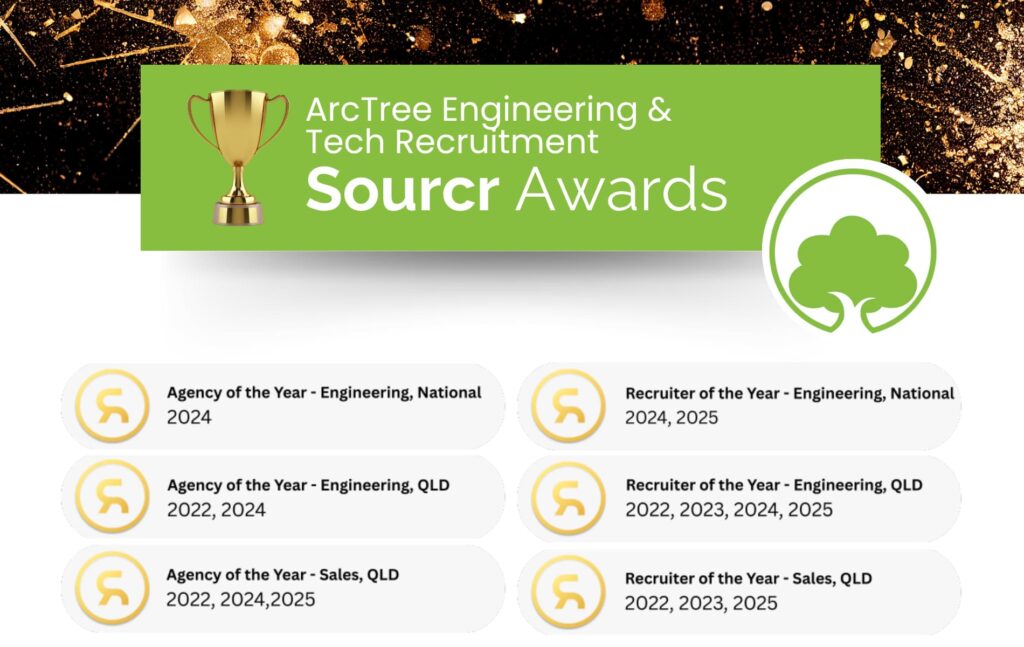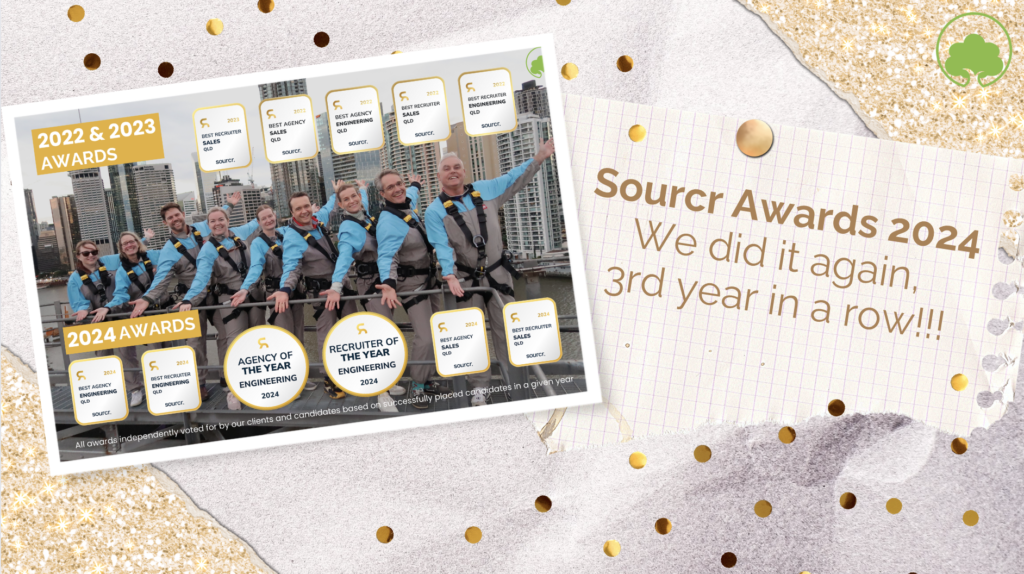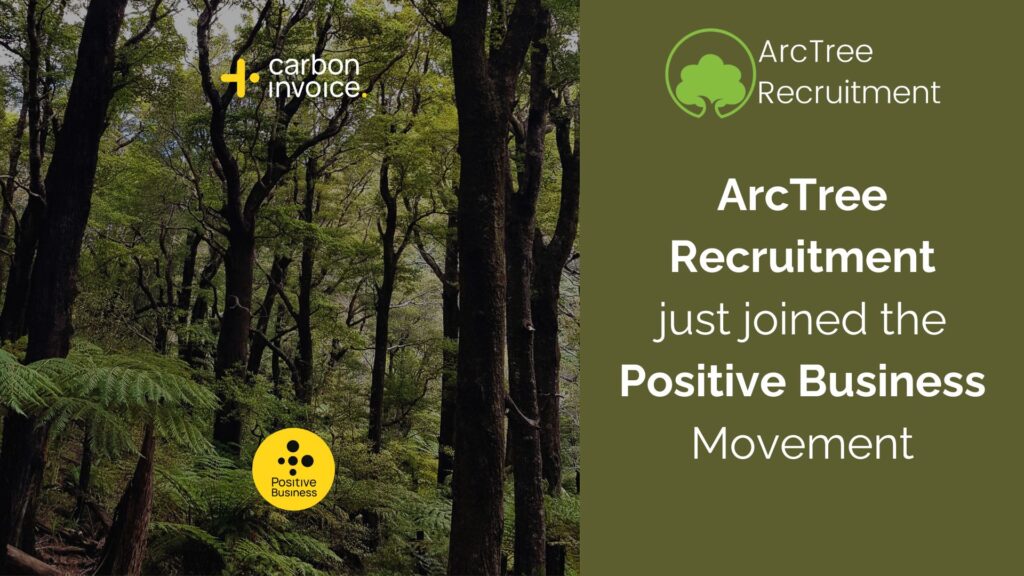Creator of Dropbox Drew Houston was recently interviewed by the New York Times. One of the questions he was asked was:
What’s your advice to new college grads?
Here’s his answer:
“I did the commencement speech for M.I.T. in 2013. I said that if I had a cheat sheet that I could give myself at 22, it would have three things on it: a tennis ball, a circle and the number 30,000.
The tennis ball is about finding the thing you’re obsessed with. The most successful people and successful entrepreneurs I know are all obsessed with solving a problem that really matters to them. I use the tennis ball for that idea because of my dog, who gets this crazy, obsessed look on her face when you throw the ball for her.
The circle is really about the idea that you’re the average of your five closest friends, so make sure to put yourself in an environment that pulls the best out of you. And the last is the number 30,000. When I was 24, I came across this website that says most people live for about 30,000 days. So you have to make every day count.”
There’s a lot of wisdom packed into that statement – particularly around how being the average of the 5 closest people around you impacts team performance. And the making every day count part is pretty powerful as well. But today, I’d really like to focus on the dog with the tennis ball.

You’ll be familiar with the concept if you have your own dog, or know someone with a dog: the crazed, fixated look they get when they’re waiting for you to throw their favourite ball or toy. And when you throw it, they’re utterly focused and obsessed on bringing it back, and doing the same thing over and over again.
It usually doesn’t even matter if there’s obstacles (hills, other dogs, people) in the way: they’re so single-mindedly focused on the ball that nothing else matters.
How does this relate to managing teams?
When teams have a project they’re focused on and passionate about, or a problem they’re entrusted with solving, great things can happen.
Here’s why.
When people are working together on solving a critical or difficult problem, or working on a project they truly believe in, there’s many, many benefits, including:
- They have something bigger and more meaningful than themselves and their daily tasks to focus on
- They’re more likely to use right brain or creative thinking and come up with new and innovative ideas
- It can help teams of very different types of people to interact more positively as they work towards achieving a shared goal
- Tenure is likely to improve when people feel they’re making a difference and working to benefit other people
- People are more likely to thrive when they feel a sense of autonomy and ownership at work
- People are more inclined to offer discretionary effort when they’re passionate about a project, which creates an opportunity to increase and reward this behavior
- Similarly, people can be more motivated to increase and expand their skill set to help solve an issue they care about.
Many of these are closely related to Dan Pink’s drivers of motivation: autonomy, mastery and purpose, which are summarised in a great video here.
They also match quite neatly with many of the factors that psychometric games and assessment provider Revelian discovered when they looked at the factors millennials value most at work.
Revelian analysed data from thousands of millennials who had been asked to rank which of 20 factors they most valued at work in order of importance.
The top five values were, in order of importance:
- Being able to use their abilities
- Feeling a sense of accomplishment
- Having opportunities to advance
- Being treated fairly
- Upholding their morals.
GE, IBM, Coke and many other organisations are encouraging teams to form ‘mini startups’ within the larger organisation, to allow teams to feel the sense of autonomy, ownership and passion that comes from taking the seed of an idea and making it in to something real and meaningful.
And it’s a win-win situation for the employers: they benefit from more engaged, productive and innovative employees, while developing better or different products.
What do you think? Do your teams have projects they are crazily obsessed about?












